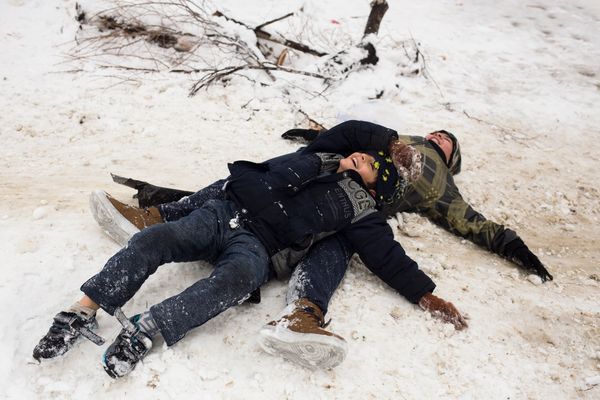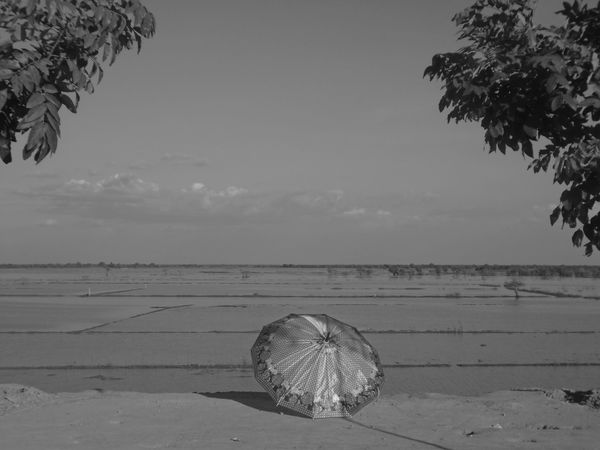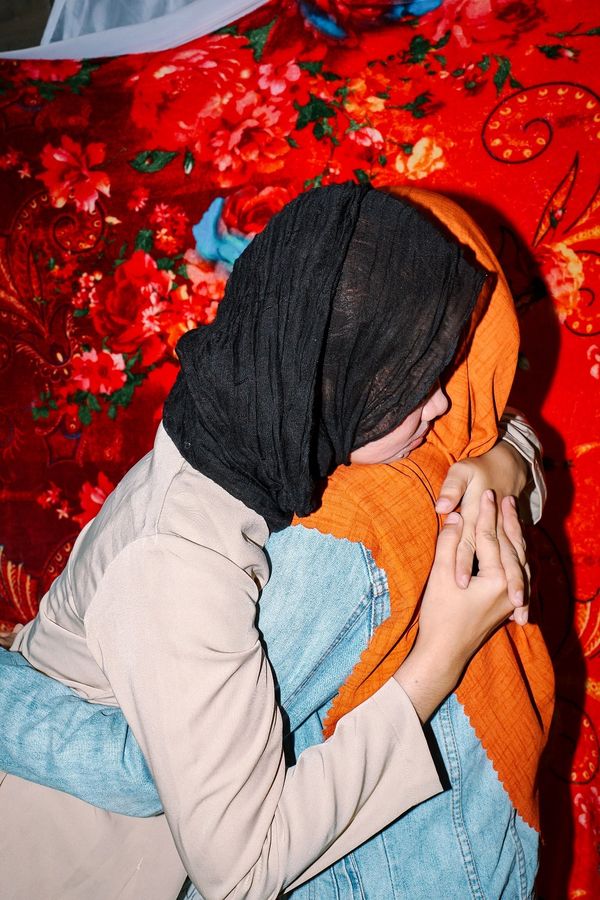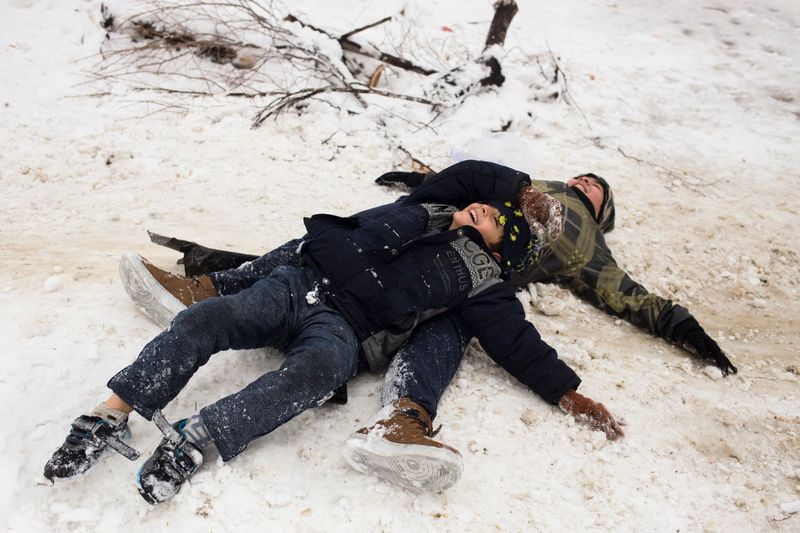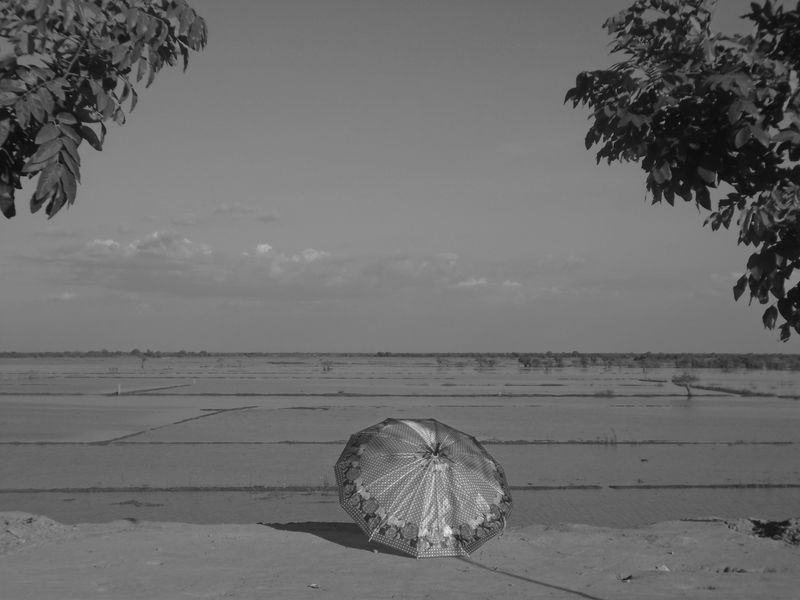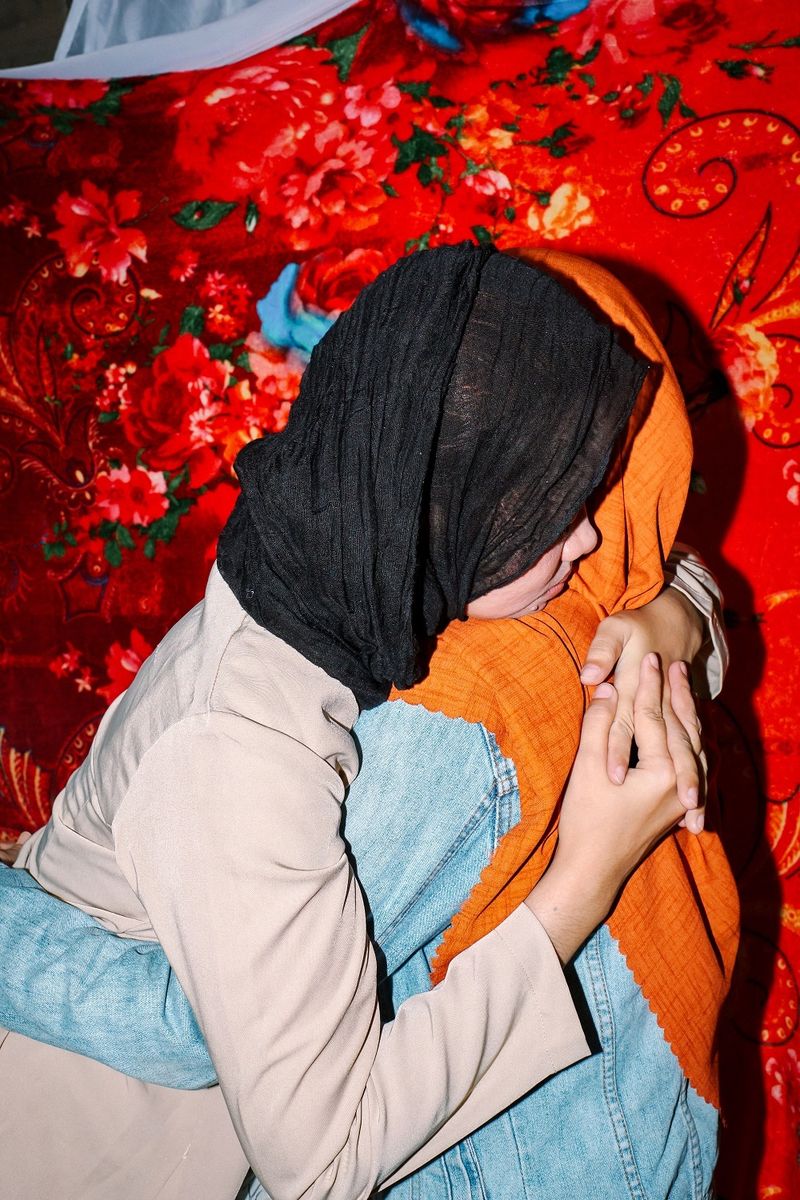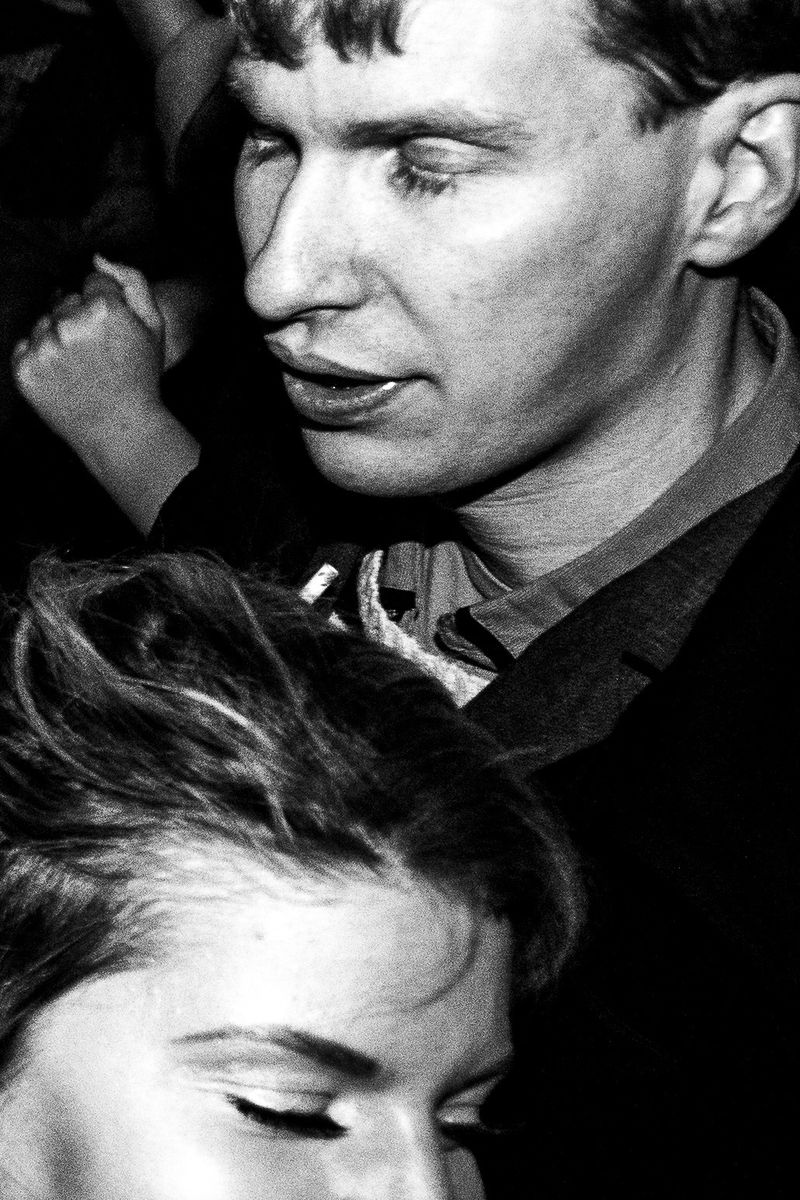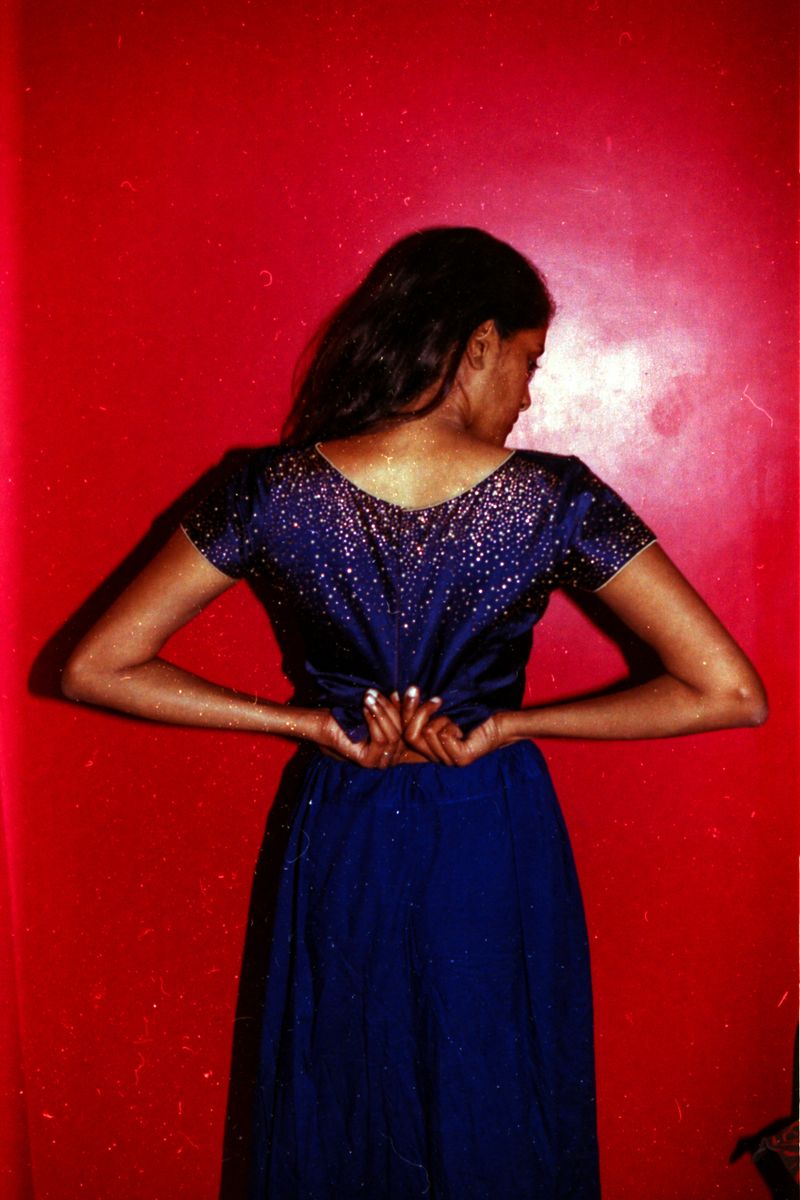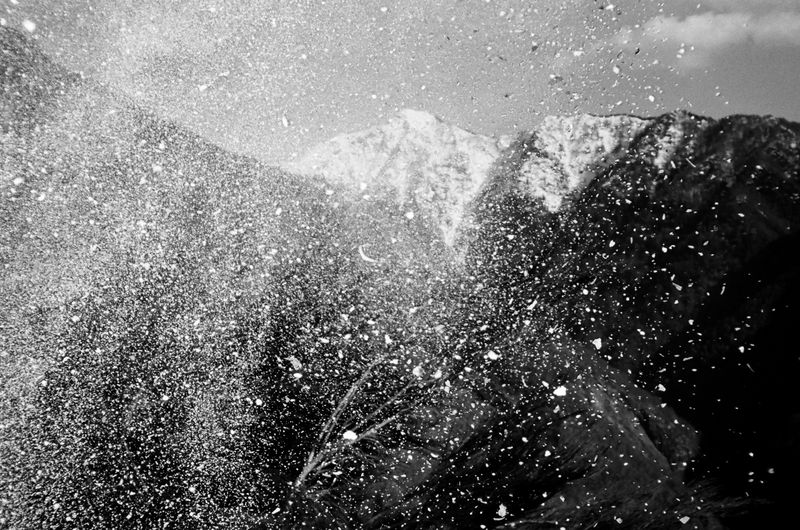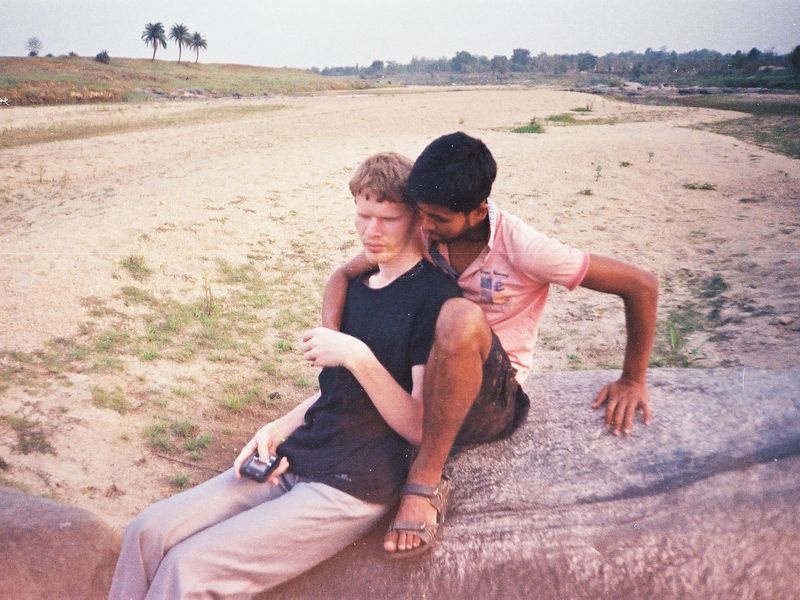Trust, Vulnerability, and Love - Katrin Koenning on her Approach to Mentoring
-
Published28 Aug 2019
-
Author
We spoke to Katrin Koenning - one of our Online Education Program mentors - about education, her experiences as a teacher, and how achieving a supportive learning environment is all about "togetherness", as she calls it.
We spoke to Katrin Koenning - one of our Online Education Program mentors - about education, her experiences as a teacher, and how achieving a supportive learning environment is all about "togetherness", as she calls it.
Hi Katrin! I’d like to begin by asking about your intensive workshops centred around photographic practice and thinking. Can you share a bit about how and why you started doing this?
I began teaching as soon as I completed my own degree at Queensland College of Art, Griffith (Brisbane, Australia) back in 2007, and have been teaching ever since. The first years I worked with universities, teaching a variety of themed visual thinking / practice subjects as well as journalistic investigation. I’ve taught with University of Queensland and Photography Studies College and do a lot of guest teaching in a variety of other places.
For the past three years, however, I’ve worked mostly with small, independent institutions in the region that are doing amazing things. This sees me teaching intensive workshops, which can vary between two to 10 days, or even run for a year. I also mentor students outside of workshops - independently and on a long-term basis. I suppose the reason why I began teaching, to tell you the truth, was that I needed a job; I’d been working as a waitress and bartender for over 10 years, and exiting university I felt I needed to try and earn money to sustain my practice by doing something related to my own field. In the beginning, right at the start, I remember being terrified. This idea of being in front of an audience and having to lead some way wasn’t really something I’d envisioned for myself. But the fear made way to joy so quickly that it felt almost like I’d dreamed it up altogether.
© Narayan Kaudinya, One Umbrella by the River Field, from the series Singsong, 2018
What are you trying to achieve in workshops that you teach or guide?
I always hope for the students to bond with each other and to create small communities. According to where I am teaching and what the content is, there might be some practical things one hopes the students may achieve (if this is part of what you focus your content on). But I suppose the underlying thing for all of it, and with the risk of sounding a bit tacky, is trust, vulnerability, and love. If you can create a space in which all involved, including the teacher/s, can open themselves up and give these three things, then a lot can grow from that. This way, the workshop becomes a profound experience and a sharing opportunity that is actually less about photography as photography but rather more about photography in relation to self, and the world, and life.
Rather than wanting to achieve some concrete outcome (which I don’t believe because learning / teaching demands a state of fluidity), if I could think that I have helped a student in some small way to believe in themselves, to trust their instincts, to feel inspired, and to remain hungry or to develop a hunger, then this makes me the happiest person. I am also not there because I know anything better; I don’t. I am there to try and help a student see what they already know, and to help them believe that their story matters. A huge part of what is your responsibility as a teacher to establish is a kind of multi-directional highway against apathy.
© Yusni Aziz, Banu Hugs Ais, from the series Banu
How do you achieve that?
You are asking me difficult questions! It’s not like there is a recipe like for when you want to make an apple strudel… On my own, I achieve nothing. Together, we can maybe achieve something. I think as a ‘teacher’ I need to listen, encourage, and be 100% committed and open... be absolutely honest but with tenderness. The encouragement in my mind is the most important thing of all.
You know, it’s difficult to put all this in words somehow – teaching isn’t just about extending and exchanging knowledge, it’s also about feeling and intuition. You guide and you give and you draw on every single thing you’ve ever learned, experienced and known; you draw on the sum of yourself. It’s incredibly draining and very rewarding and you receive so much and you go into chaos and you go into a grand order and somewhere a forest is on fire and a bird wants to escape, and you try and hold it all together in this intensified space. So while it addresses the intellect, there is so much visceral stuff involved too, emotional stuff. And somehow it’s almost as though by trying to dissect exactly what happens in these spaces, the language undresses the part of it that is the magic. Some parts of the process you can explain, others you cannot. It is a lot about togetherness.
What learning opportunities would you recommend photographers seek in order to grow?
Opportunities aren’t the same everywhere or for everyone, so I don’t think there can be a blanket-call answer to this. Anyone who is able to practice the visual is already in a position of privilege. I don’t think one thing is better than another, and I certainly don’t think a perfect learning/teaching model for photography actually exists. Stories are different, and so are paths and so is time. You can study (if you’re even more privileged), you can go and attend workshops, you can write to people, make contact. Or book some online sessions – they can actually be incredibly productive.
If there is no way to access a more guided or structured learning, go learn on your own, by making pictures. There is no better way to learn than by making photographs, anyway, and being with the world (by this I mean outside of your room). Life and the world are the best teachers. So, you can set yourself little assignments if you like, achievable tasks that help you increase your understanding of photographing, and of photography. For example, something like: ‘20 interesting pictures from the street in which I live’, or ‘20 sad pictures from the street in which I live’, or ‘20 boring pictures from the street in which I live’. If you don’t have time, you can still do it by including it into your daily errands (20 boring pictures on my way to work and so on).
Books are brilliant, but nothing can replace the learning that comes from actually doing practice. That’s why to me the word is so poignant because it simply describes the thing that’s most important… You practice (to get better, to see better, to see more distinctly, to maintain a determinate slowness, to use flash, to not use flash, to write, to know the self, to learn what you want to say, to be patient, to never give up, to let go, etc). Nothing or nobody will ever be able to teach you as much as the very thing itself. But yes, this implies you have to actually do it. And not do it twice a year, or once a month, no, you have to do it all the time. You can’t have a baby and hope it grows into a great human but only be half-dedicated to bringing it up; everything needs love, and love demands the giving of time. You can have the greatest teacher in the world, but if you sit idle, nothing will happen and nothing will change. The world won’t care; it’s a busy place full of noise and full of people wanting all kinds of things. And in the reverse, as of course we all know, many of the greatest artists and thinkers have come from learning in self-motivation, where the ‘only’ teachers are the tool and the world; the wind, an ear, a road, a cup of tea.
And then, community is so important. Find your communities. It doesn’t matter much if it’s your aunties or your friends or a camera club. So long as there is sharing, and you continue to reflect on your work and your methods.
How does the teaching and coaching of other photographers and artists shape your own practice?
An interesting question and something I think about often in general; the making-teaching relationship and what it does and doesn’t do. Maybe it helps keep me focused, alert, connected, current, and engaged with the community and the industry. I feel it also means I keep questioning and pushing myself and the world of photography as a communication tool; its limits and possibilities… I have to constantly realise, acknowledge, and hopefully amend (into the future) my own mistakes, and I think this is a very good thing.
What has been your biggest learning since you started working as a photographer?
Just to make, and to keep going. Always to keep going. I recently stumbled across some beautiful lines by Neil Gaiman saying something like ‘…life gets you down; make good art. Snake eats your eyeball; make good art. Someone on the internet tells you your work sucks; make good art’.
What has been your biggest learning in your role as an educator since you started teaching?
Oh gosh I don’t know…to make sure there is chocolate!
What do you get out of teaching and mentoring?
I learn, I grow, I get inspired, I meet amazing people, I eat delicious food, I’m in the world, I get to be a witness, I get to laugh a lot, I also get to cry, I might have an idea, I make friends, I get to always push to try and be my best self…And so much more. It’s really a passion for me to teach and I’m very grateful for that, and that I have the opportunities.
--------------
Thanks to Katrin Koenning for this interview and the photographers who shared their work in this article, all (former) mentees of Katrin.
--------------
Talking About Education is a monthly feature where we reflect on current opportunities and practices to form and develop yourself as a photographer. To learn more about our live one-to-one educational program, please visit phmuseum.com/education.
